
INTERVIEW
23-01-2021 by Freddie del Curatolo
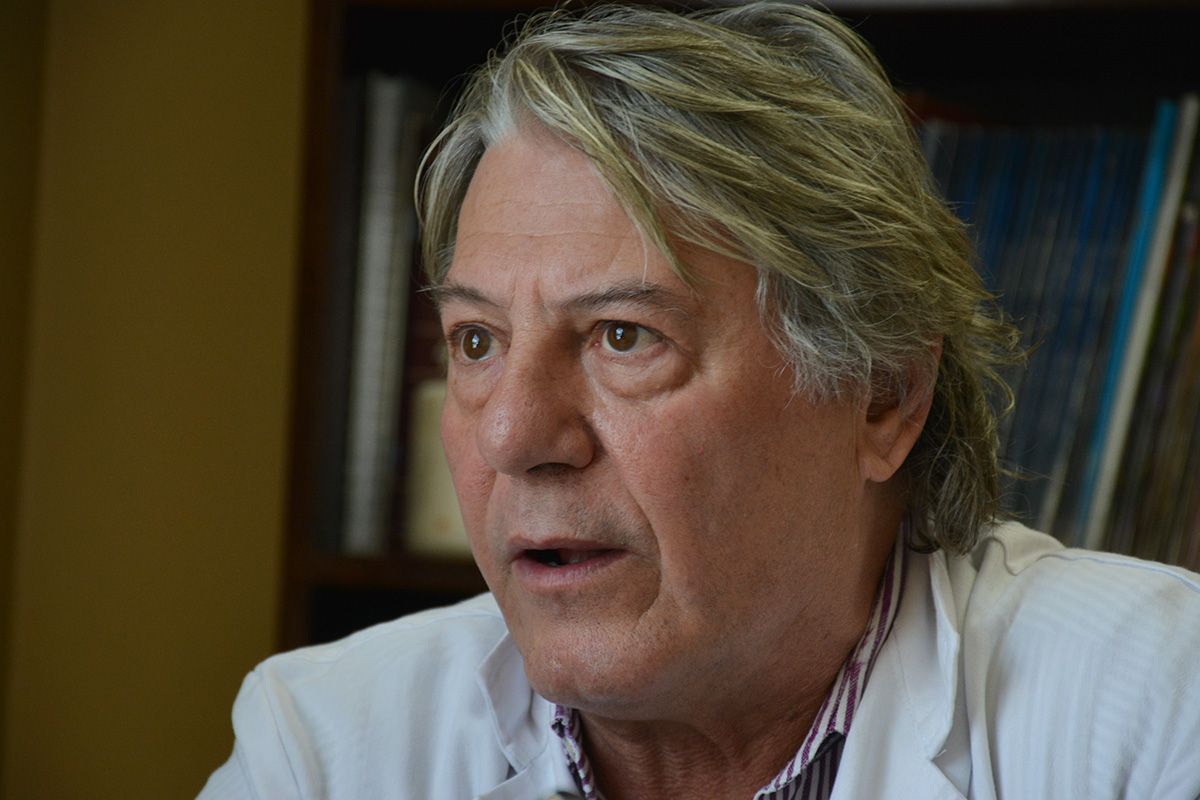
"The facts are there for all to see, not just those of us doctors on the front line in Kenya: after almost a year since the start of the pandemic, Sub-Saharan Africa, and therefore Kenya too, has had an impact of the Covid-19 virus that is certainly less than that predicted by the World Health Organisation and also beyond anyone's wildest expectations".
The words come from the Italian doctor in Kenya most closely involved in the Coronavirus emergency, the luminary of infectious and tropical diseases at Nairobi Hospital, Mauro Saio.
Forty years in Kenya, a forerunner of modern treatments for malaria in East Africa, Saio has dealt not only with the continent's ancestral diseases, but also with the Ebola virus and the first SARS, and is now engaged in monitoring, understanding and trying to mitigate the effects of Covid-19.
The specialist from Turin explains to Malindikenya.net why the virus, despite having taken root, has created fewer problems than expected for the Kenyan population.
"There are a number of reasons,' admits Saio, 'the most obvious one, which has been confirmed by various studies around the world, is the climate: Covid-19 loses most of its infectious potential and strength in hot and humid temperatures. This was also seen in Italy, where last summer it was thought that the curve had flattened out, but with the arrival of autumn and cold temperatures, thanks to the somewhat hasty re-opening of the doors, the cases rose again. But that is not the only reason: recent studies have also shown that the Coronavirus is transmitted in its fullest expression almost exclusively by air. It has been proven that its presence on surfaces, for example, causes it to lose strength and that it is most harmful in closed environments.
Life at the equator is almost entirely outdoors, think of the rural areas that make up more than eighty percent of Kenya's territory. But even in urban centres, it is difficult for people to stay indoors for long. If we add these elements to the average age of a population that is much less long-lived than in the West, and to the lower presence of pathologies linked to serious cases and deaths caused by Covid-19, we can understand why in Kenya we can be relieved by how things have gone so far, even though we cannot make predictions for the future, given that the virus has already shown itself to be changeable and because even the category to which I belong still knows very little about it'.
According to the Italian doctor, the vaccines, when they arrive in Africa, will be able to give a further blow to Covid-19, which has not taken hold here as the terrible vaticinis of the WHO ("it will be a massacre", ipse dixit) predicted.
"In the meantime, Kenya has experienced a natural herd immunity and this has certainly already immunized a lot of the population, especially those in poor neighbourhoods such as the slums of Nairobi, in villages where people lead a community life - Saio's thoughts - to a small extent we have repeated what happened in India, where there is a high population density in poor areas and poorly structured to treat people. In the first months there was a peak in the number of cases, then slowly the numbers began to dwindle because the citizens, who were largely asymptomatic, became infected and cured themselves. For Kenya, a country with great social differences, the incoming vaccine could really change everything for the better, making health workers safe and increasing the already high number of immune people. At the same time, it would be interesting to carry out antibody tests on Kenyans. They might give surprising results.
Lately, there has also been talk of differences in the DNA of Africans, compared to Westerners, going back to prehistoric times, to the Neanderthal man, progenitor of the "mzungu" who would have already had the receptors for the Coronavirus spike protein, unlike the distant relative of the African people.
"These are unconfirmed studies, even though they are known to the WHO," reveals the doctor from Nairobi, on whom thousands of Italians have relied for years, "just as studies are proceeding on the best drugs to prevent serious forms of the virus and to treat it in the very first days. But the only certainty with Covid-19 is that nothing is certain yet. While this does not particularly frighten Africa, it still poses a threat to the world at large.
What has Kenya learned from this sudden destabilising situation?
"Above all, it has learnt the importance of hygiene, at all levels of the population,' Dr Saio concludes. 'Now even children wash their hands often and are happy to do so, and in poor families, keeping clean becomes a daily habit. It should also be a habit to wear masks, which in the end here is the other effective tool for prevention".
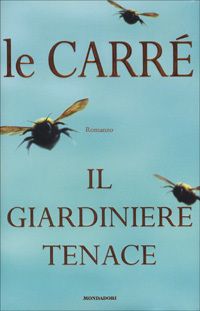
John Le Carré, well-known and appreciated writer of "spy stories" with social implications, has set his novel "The Tenacious Gardener" in Kenya, between the banks of Turkana and the slums of Nairobi.
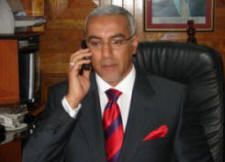
Kenyan Tourism Cabinet Secretary Najib Balala has called once for more safety in Watamu and tourist areas, nearby the high season. The tragic end of the Italian doctor Rita Fossaceca during a robbery ended in the worst way, has put in...
NEWS
by redazione
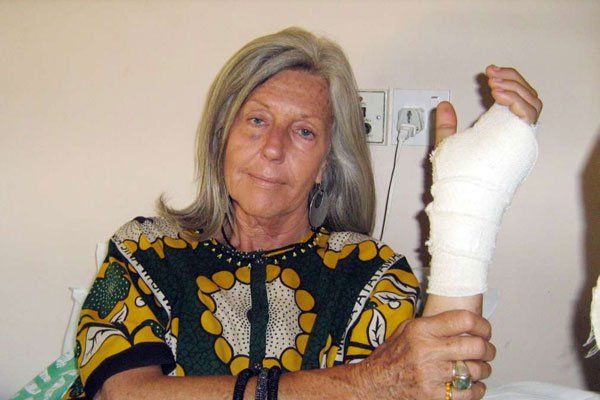
Kuki Gallman is better off and decides to release the first interview to the press, choosing the "Daily Mail" headline.
The wounded writer was shot dead on April 23 by an armed gang of Pokot tribe shepherds who illegally occupied...
NEWS
by redazione
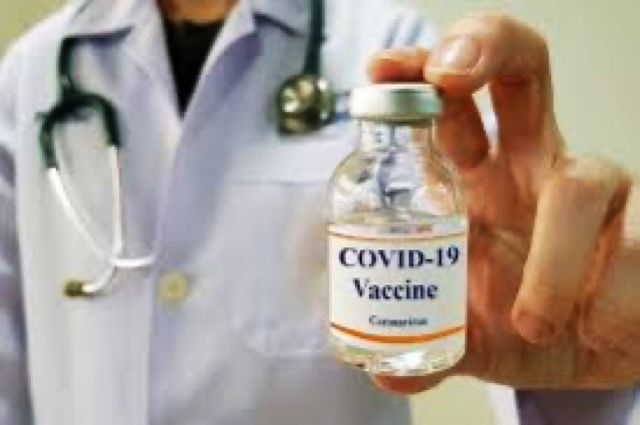
The first ready-to-use vaccine to be tested on humans could have its mass human trials in Kenya, even ...
NEWS
by redazione
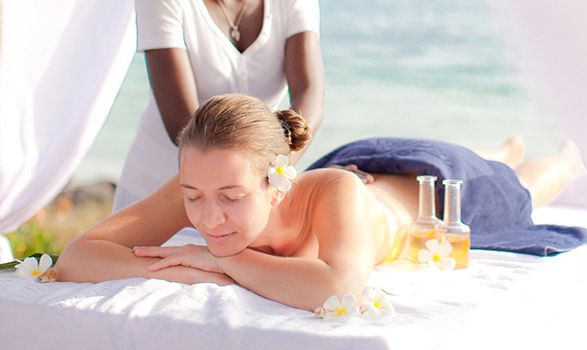
Kenya has become one of the first African countries for wellness tourism.
Private healthcare and SPA facilities have led Kenya to the podium between the destinations of "medical tourism" in the Black Continent, as reported in the report of the...
LATEST NEWS
by redazione
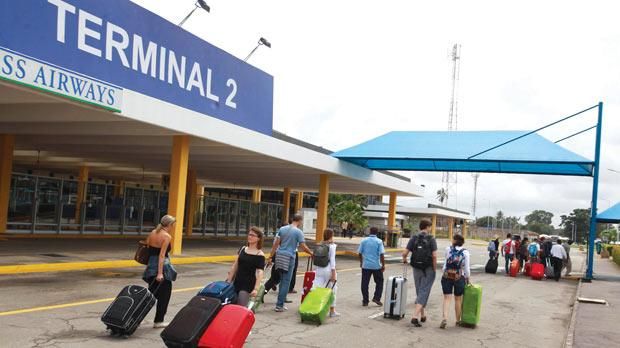
The Government of Kenya announced this morning some restrictions on the entry of travelers in Kenya that ...
NEWS
by redazione
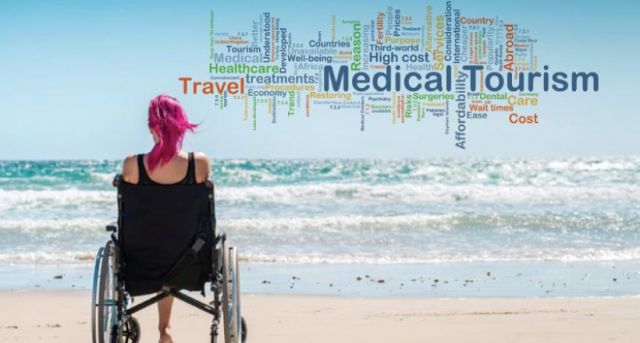
Kenya's tourist accommodation can be not only fabulous safaris in Maasai Mara or Tsavo, relaxing sun and sea holidays on the
HEALTH
by redazione
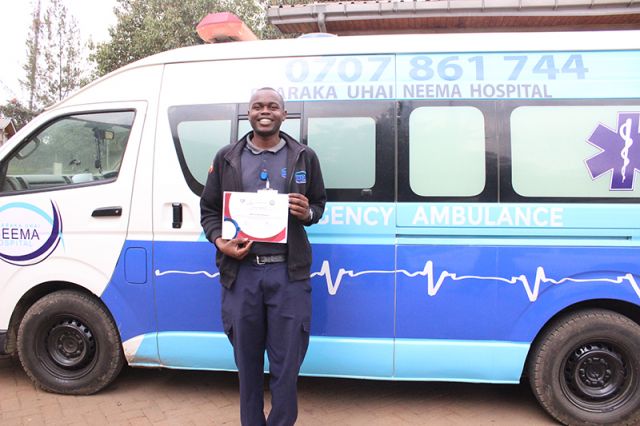
Ruaraka Uhai Neema Hospital, run by the NGO World Friends, has been recognized as the...